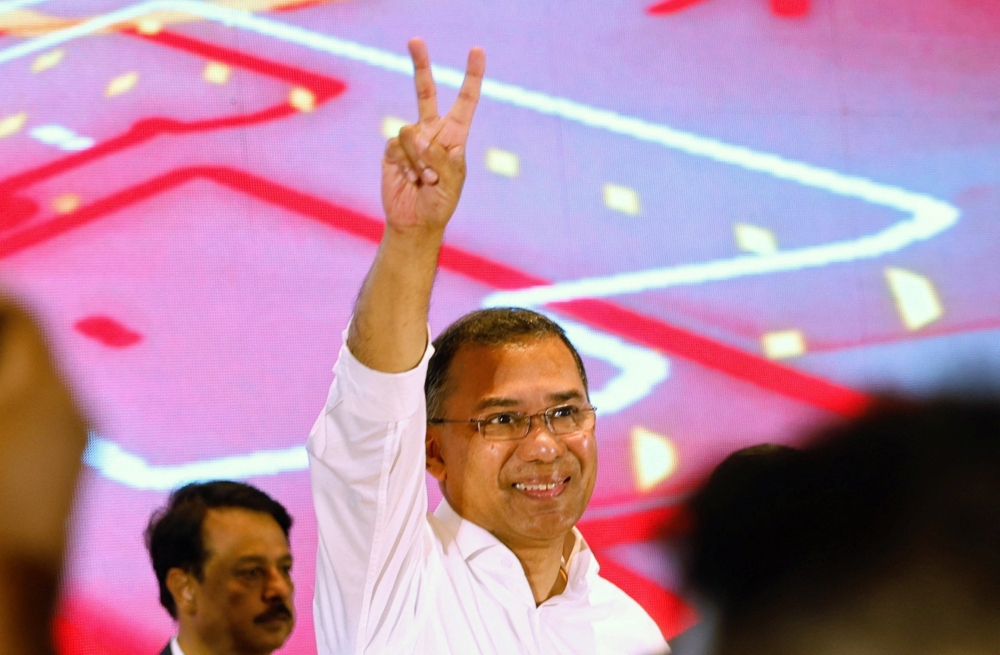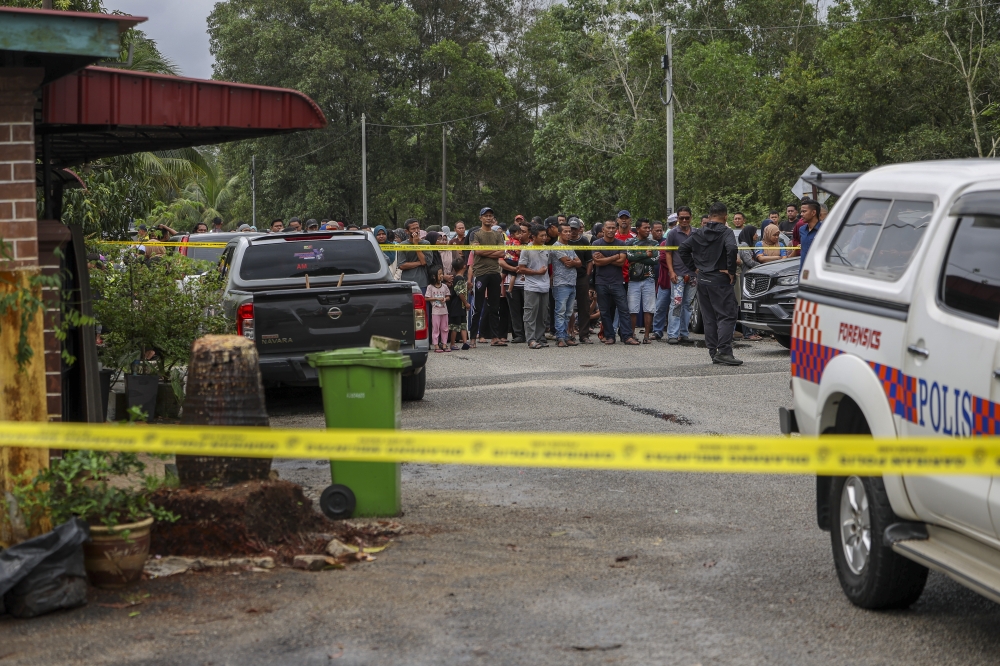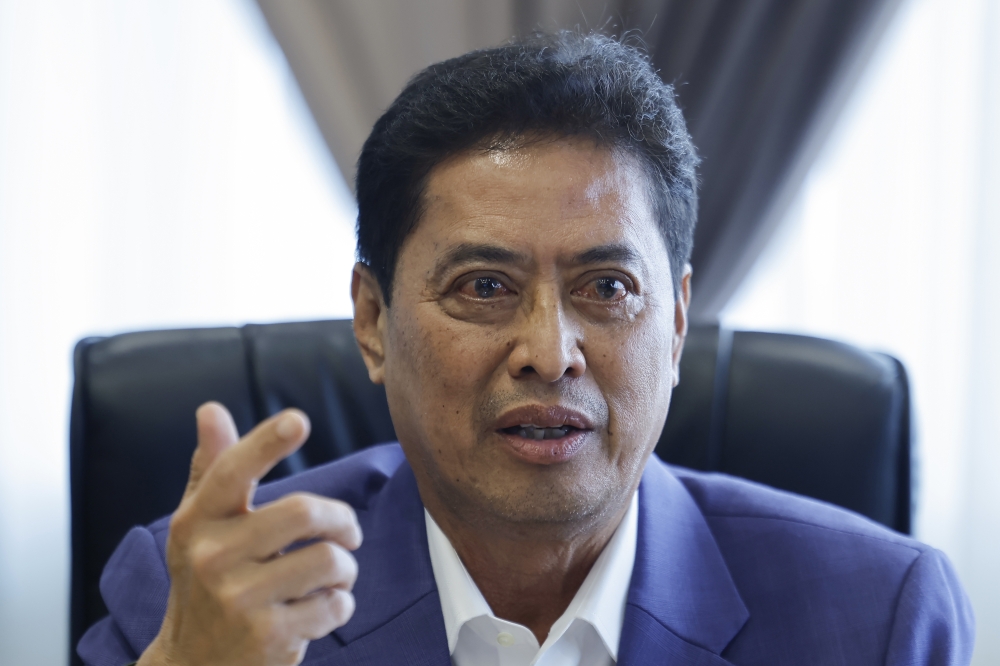PUTRAJAYA, Dec 23 — Economy Minister Rafizi Ramli told consumers bluntly today that they are also partly responsible for the continued rise in food prices in Malaysia, as he called for a “collective” effort to rein in soaring inflation.
The Pandan MP said analysis of inflation data showed a major factor driving prices up was the inelasticity of demand, a term economists use to describe a situation where consumers still buy the same amount of goods even as prices inflate.
Under mainstream economic theory, supply and demand become more elastic when consumer behaviour corresponds with price movements, meaning that demand typically drops as prices rise and vice versa. Inversely, the elasticity of supply measures producer behaviour.
“It has to be a collective effort,” Rafizi said at a press conference held to announce November’s inflation data.
“Of course, the government will play its role to address the supply side but we also need to start looking at tackling the demand side,” he added.
November’s inflation remained elevated at 4 per cent year-on-year compared to October but prices of food and non-alcoholic beverages continued to register an upward trend, staying above the 7 per cent range to become the lead component driving up the consumer price index.
Food and drinks make up the most of the average household income expenditure, accounting for up to 30 per cent according to official data. From this, over 11 per cent is spent on eating out, according to Rafizi.
“If you look at the inflation data (for the food component) the highest driver is cooked food,” he said, suggesting consumers spend a huge sum of their income eating out.
This sustained demand for eating out and willingness to pay prices set by sellers were likely due to the lack of pricing transparency, the minister said when suggesting consumers may lack incentive to change their consumption behaviour because they are unaware of cheaper alternatives.
One solution could be more competition and pricing transparency, possibly via a public benchmark to give consumers more choice, Rafizi added.
The minister suggested changing consumption habits could then force businesses to reduce prices to avoid alienating cost-conscious consumers.
Prime Minister Datuk Seri Anwar Ibrahim had said addressing living cost pressure would be a top agenda, vowing to continue with price controls and break supply chain distortions as part of a short-term solution.






















